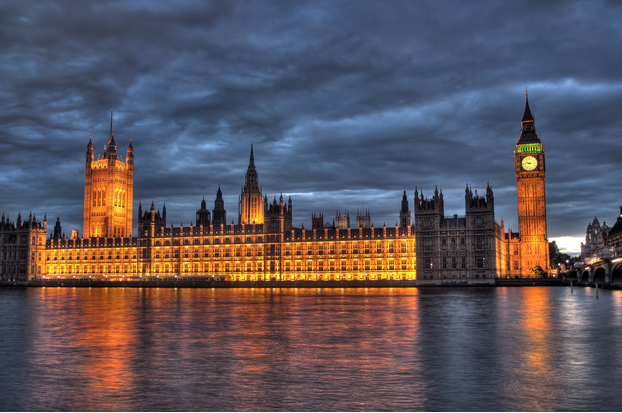A mandate for normalcy
It is election season. And no, by election season I do not mean that it is almost time to start reporting on the various adventures of Hillary Clinton and Marco Rubio. I mean that two nights ago the United Kingdom held elections to select new members of Parliament.
Whichever party receives the majority of seats in Parliament can appoint their party leader as Prime Minister.
The current Prime Minister is David Cameron, leader of the Conservative Party. Cameron was elected in 2010 by forming a coalition with a third party called the Liberal Democrats.
Cameron is comparable to Obama in some respects, although he is generally more pro-business and anti-taxes than Obama. Cameron is also often criticized for being too London-centric, meaning his policies mostly benefit and affect the cities, rather than the smaller country towns.
He was elected after many in England were largely disillusioned with the current party in power, the Labour Party. Throughout his five years in power Cameron has seen his approval rating drop off (although it did slightly increase directly before the elections). This was supposed to be the election of justice.
People were predicting the need for a different coalition, or maybe even the election of an entirely different party. A few polls were making it seem like three parties might need to combine their votes to elect Cameron.
There was even a radical anti-immigration UKIP party that began to gain a following. That was, at least until they said a few things that were anti-women. This caused them to lose most of their following, which I suppose is probably a good sign for the world.
So, what actually happened on election day? Was it a close call? Another coalition? Turns out, neither of these things happened. Cameron won and without a coalition. He actually gained votes.
After all of the talk of government coalitions, the rise of a powerful third party, and even the election of a radical anti-immigration party, people went with safe and familiar Cameron. They choose normalcy.
Britain is not in fantastic shape, but things are not necessarily going terribly. Its economy is making a very slow recovery and Cameron has been working with Obama to achieve various foreign policy goals.
So, the people of Britain choose normal, they decided to keep a Prime Minister they had lukewarm feelings about in power, rather than take the chance on someone with a different perspective or foreign approach.
Perhaps what the many pundits forgot to weigh into the equation when predicting the election is that when given the choice between mediocre and unknown and mediocre and known people will generally choose the known commodity.
Cameron has now been elected for a second term, and in a few years he can legally run for a third, in fact he can run as many times as he wants. This means that England may be looking at having a Conservative government for quite some time.
The questions still remains as to whether or not the British people will be happy with their normal, relatively mediocre Prime Minister in a few years time.

It may have been a visceral feeling that instigated Claire Dinshaw ’17 to apply for a sports editor position her sophomore year, however, she refers...


















































